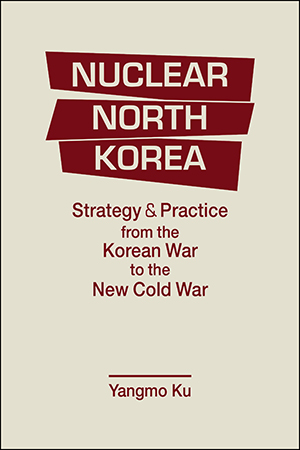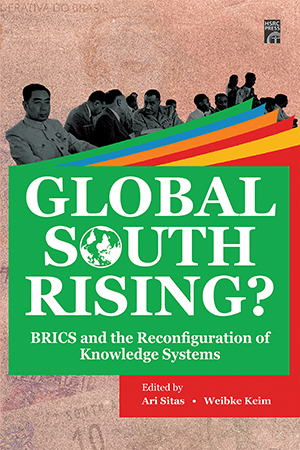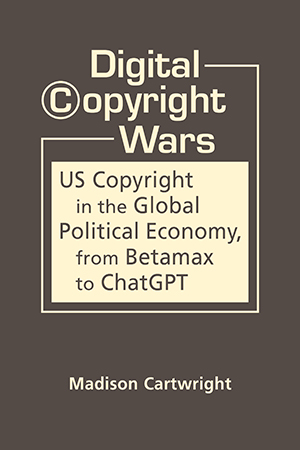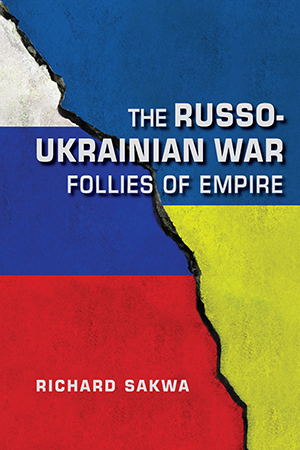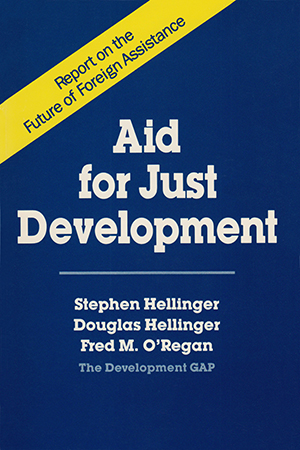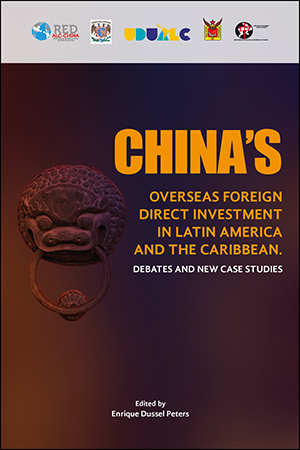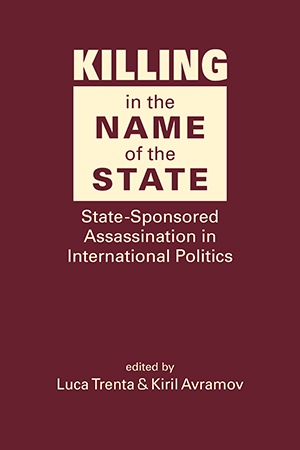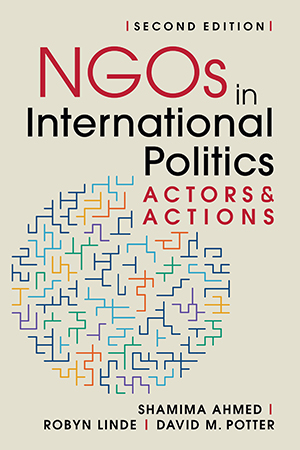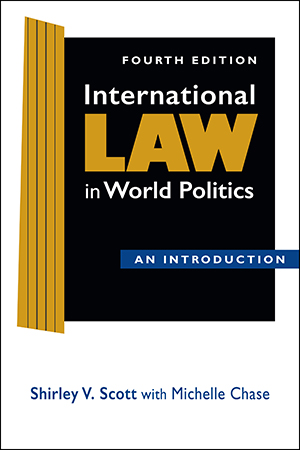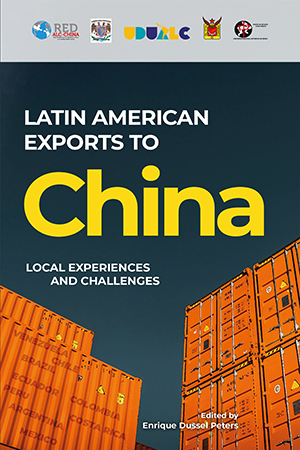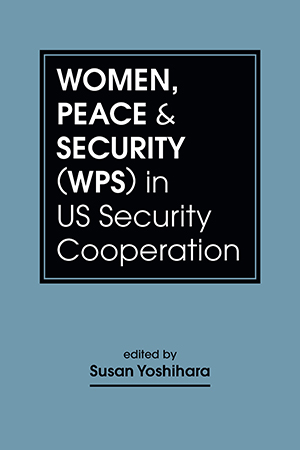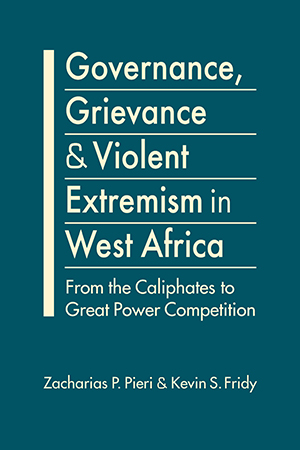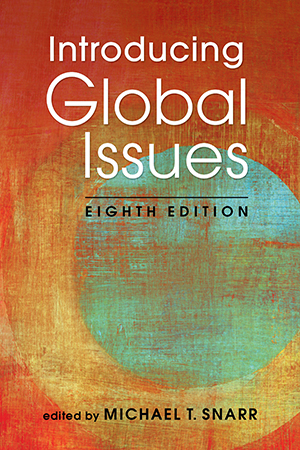International Relations (all books)
Since the 1990s, the US use of economic sanctions as a tool of statecraft has exploded—and both third-party states and the targets themselves have developed a range of More >
With climate change reshaping the global landscape—straining alliances, revealing new areas for exploitation, igniting new flashpoints—are prevailing theories of international More >
Despite crippling economic hardships and intense international pressure, North Korea has managed to become a nuclear nation. What drove the country to so resolutely prioritize the More >
Global South Rising? addresses a provocative question: Can BRICS reshape global knowledge hierarchies? The contributors examine the BRICS' rise in the context of its ambition to More >
The past five decades have seen both a prioritization of copyright in US foreign economic policies and a head-spinning disruption to copyright law caused by the digital revolution—all More >
The number of casualties in the ongoing Russo-Ukrainian war is rapidly approaching 1.5 million, with no resolution in sight … a staggering reality. Seeking to make what sense is More >
World Hunger Media Award Winner (Best Book, 1988)! Decades after Aid for Just Development launched a citizen's initiative and formed part of a Congressional effort to reform US More >
Enrique Dussel Peters and his colleagues continue their ongoing investigation of China's overseas foreign direct investment (OFDI) in Latin America and the Caribbean (LAC) in this latest More >
How do governments approach, understand, and even justify assassination? What methods have been used historically, and how do they differ from current practice? What are the consequences of More >
The role of nongovernmental organizations (NGOs) in international politics has changed significantly in the two decades since the first edition of this book was published. This new edition More >
The Covid-19 pandemic. Russia’s invasion of Ukraine. Cybercrime and ecocide. Outer space. Global warming. These are just a few of the myriad issues that are the subjects, and sometimes More >
The complexity and depth of the Latin America-China trade relationship—especially in light of the contemporary confrontation between the US and China—is placed front and center More >
The authors of this groundbreaking book explore the origins, rationale, and evolution of Women, Peace, and Security (WPS) efforts in the context of US security cooperation. Focusing on More >
What happens when external forces are brought to bear on domestic grievances and governance institutions? In environments profoundly affected by both violent extremist organizations and More >
Skillfully designed for readers with little or no prior knowledge of the topics covered, this thoroughly updated edition of Introducing Global Issues both introduces and helps students to More >





